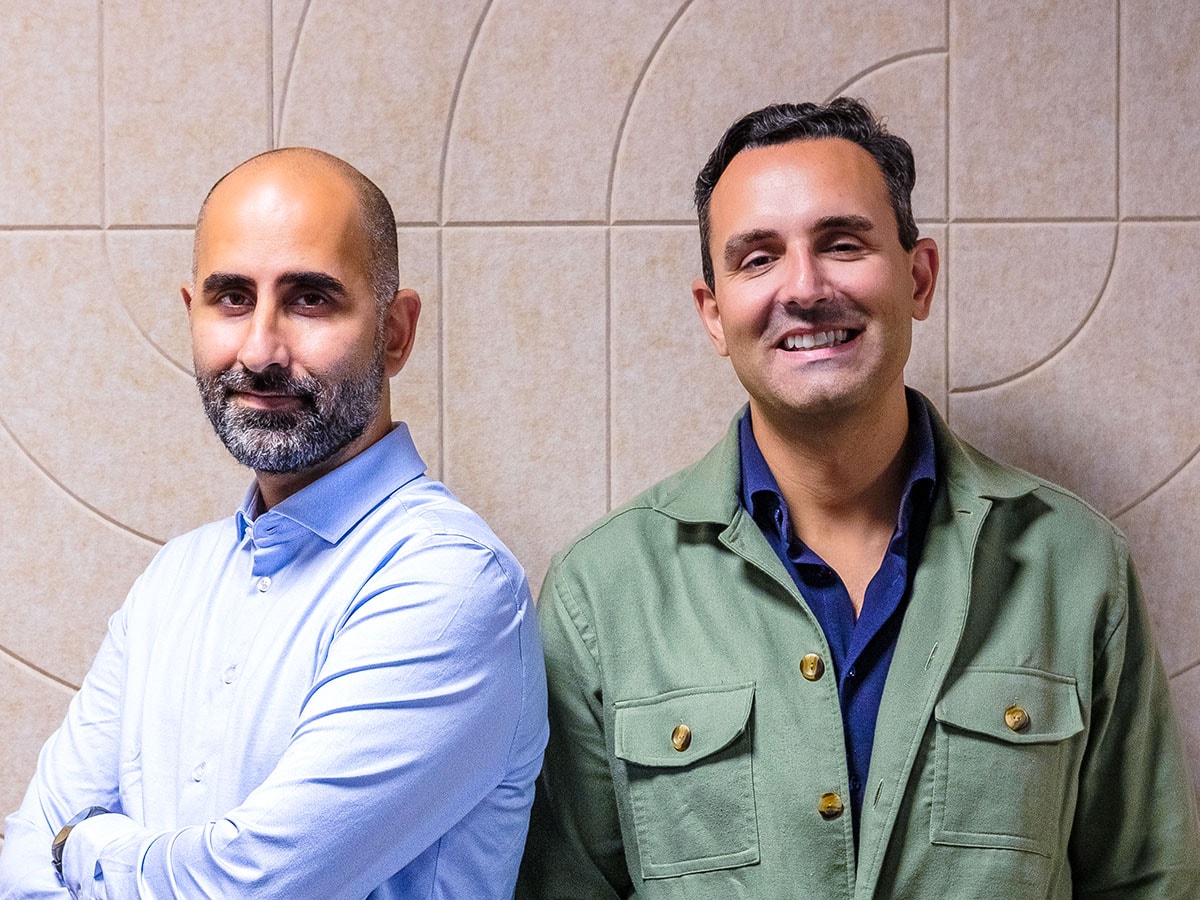In hindsight, it would have made sense for us to list in India: Truecaller co-founders
The Swedish company's chief executive officer, Alan Mamedi, and chief strategy officer, Nami Zariringhalam, on growth plans and data privacy concerns
 Nami Zarringhalam (left) and Alan Mamedi (right), the cofounders at the Truecaller. Bengaluru. September 2024.
Image: Nishant Ratnakar
Nami Zarringhalam (left) and Alan Mamedi (right), the cofounders at the Truecaller. Bengaluru. September 2024.
Image: Nishant Ratnakar
Stockholm-headquartered Truecaller was co-founded by Alan Mamedi and Nami Zariringhalam amidst the unfolding chaos of the global financial crisis. The college friends wanted to tackle the problem of pesky calls. In the first week of its launch, the leading global caller ID and call blocking app was downloaded by 10,000 users. “That’s when we decided to just go all in on it,” the duo recalls. “We did the things we were passionate about but we didn’t foresee it becoming this big.”
Since its launch fifteen years ago, Truecaller has expanded its international footprint. It started its India operations after Sequoia India invested in the company. Over the years, the regulatory environment has tightened and the competition has intensified.
“What we're trying to do is, we're trying to solve people's problem in communications, and then get out of the way, and that is where we kind of created that category and we’re happy that we inspired many others,” Zariringhalam says.
In a detailed interview on Forbes India Pathbreakers, Mamedi, CEO, and Zariringhalam, CSO, discuss the impact of the evolving industry trends on Truecaller’s business strategies and future growth plans. Edited excerpts:
Business outlook: ‘We see Truecaller as a global company’
Mamedi: I do believe that our business globally will continue to grow. If you look at our user base, it's actually growing faster outside of India than it is in India and that is because we see an extremely strong growth in Latin America, and parts of Southeast Asia. At the same time, India is a fantastic growing economy. In a couple of years, it's probably going to be the largest economy in the world. And, of course, India will always be a very important part of our business. But we do see Truecaller as a global company and we want to continue to invest in growing in some of those regions.

















